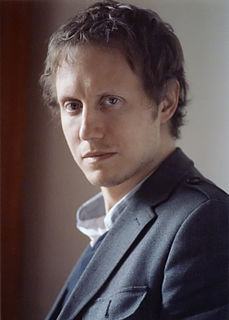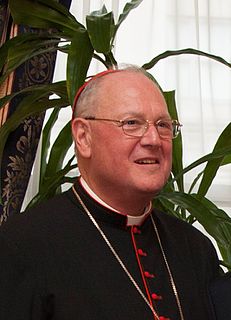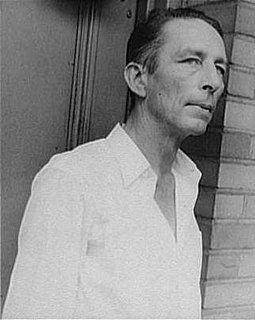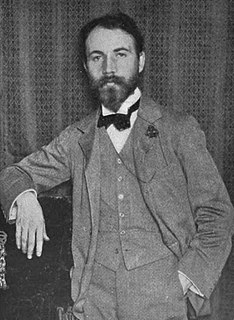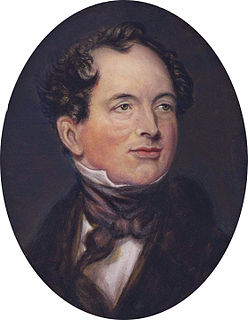A Quote by Aldous Huxley
The poet's place, it seems to me, is with the Mr. Hydes of human nature.
Related Quotes
It is their nature, beautiful and simple. That you would destroy such beings, Mr. Lincoln, such superior creatures, seems madness to me.” “That you speak of them with such reverence, Mr. Poe, seems madness to me.” "Can you imagine it? Can you imagine seeing the universe through such eyes? Laughing in the face of time and death—the world your Garden of Eden? Your library? Your harem?
Mr. Crossley suddenly wondered why he was why he was worrying about the note. It was only a joke, after all. He cleared his throat. Everyone looked up hopefully. 'Somebody,' said Mr. Crossley, 'seems to have sent me a Halloween message.' And he read out the note: 'SOMEONE IN THIS CLASS IS A WITCH.' 6B thought this was splendid news. Hands shot up all over the room like a bed of beansprouts. 'It's me, Mr. Crossley!' 'Mr. Crossley, I'm the witch!' 'Can I be the witch, Mr. Crossley?' 'Me, Mr. Crossley, me, me, me!
Love seems to beautify and inspire all nature. It raises the earthly caterpillar into the ethereal butterfly, it paints the feathers in spring, it lights the glowworm's lamp, it wakens the song of birds, and inspires the poet's lay. Even inanimate Nature seems to feel the spell, and flowers glow with the richest colours.
We consider the Holocaust as being a sort of strange event taking place on another planet; we never understood in a visceral way that this is something that took place in the heart of man. That's something that you can feel, the genocidal tendency is within human nature. It seems that if we forget about this, our future is also compromised.
We're into an age of excessive individuals, all right. We're into the age were independence, autonomy, convenience, sometimes selfishness. The new trinity of me, myself and I, seems to dominate. We know that's contrary to the very nature of the human person. The very nature of the human person needs God and needs other people.
But that Franklin trip changed me profoundly. As I believe wilderness experience changes everyone. Because it puts us in our place. The human place, which our species inhabited for most of its evolutionary life. That place that shaped our psyches and made us who we are. The place where nature is big and we are small.
The garden reconciles human art and wild nature, hard work and deep pleasure, spiritual practice and the material world. It is a magical place because it is not divided. The many divisions and polarizations that terrorize a disenchanted world find peaceful accord among mossy rock walls, rough stone paths, and trimmed bushes. Maybe a garden sometimes seems fragile, for all its earth and labor, because it achieves such an extraordinary delicate balance of nature and human life, naturalness and artificiality. It has its own liminality, its point of balance between great extremes.





